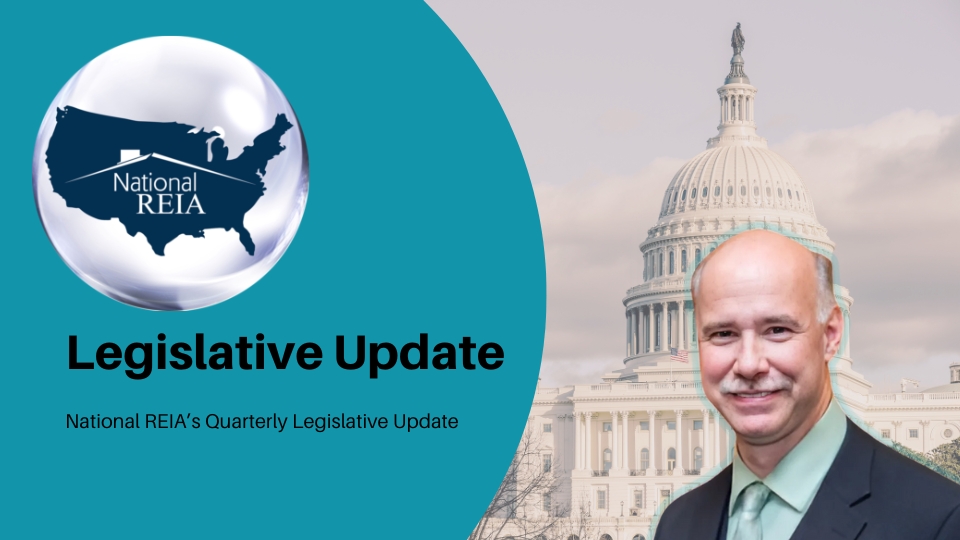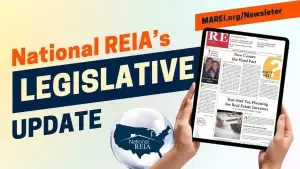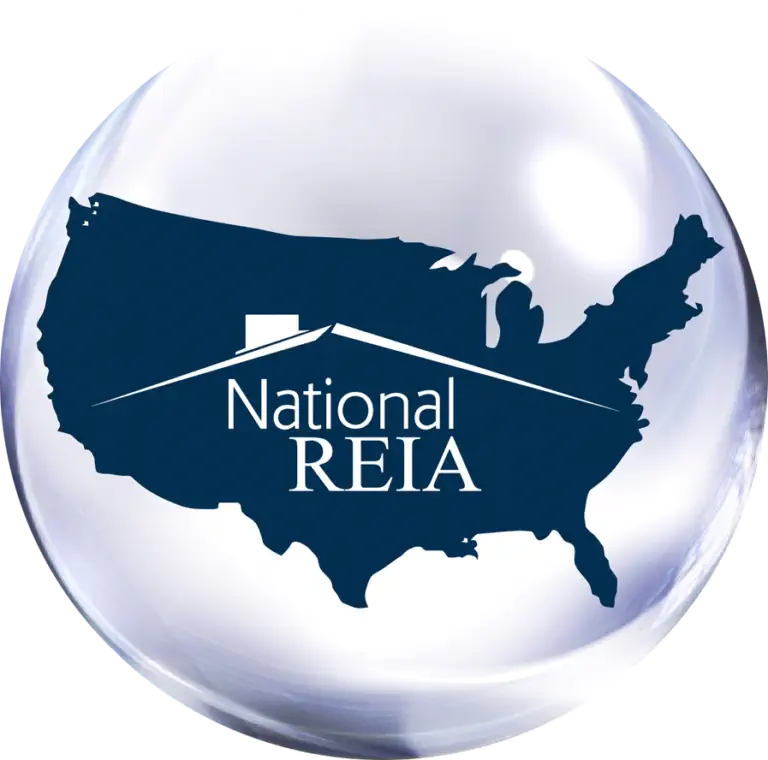
Legislative Trends to Watch: National Update from Charles Tassell
In the latest issue of the Real Estate Journal, Charles Tassell, Chief Operating Officer of National REIA, provides a sweeping overview of the shifting federal landscape and its impact on housing providers. From budget gridlock in Congress and regulatory rollbacks at HUD to court rulings that are redefining tenant rights, the housing industry is facing a wave of changes that could reshape how we do business. Tax policy, federal shutdown threats, ICE enforcement, and energy efficiency delays are all part of the complex puzzle for 2025.
You can read the full Legislative Update in the Real Estate Journal to learn about
- No Budget, Shutdown Looming (averted as of now)
- Renewed Tax Cuts & Jobs Act, and Tax Policy
- Respect State Housing Laws and Tax Reform Topics
- Department of Energy Delaying Efficiency Guidelines
- Guidance on ICE Enforcement
- Enforcement for Properties receiving Federal Funds Starts in March
- The New HUD Secretary Confirmed
- HUD’s DOGE Layoffs
- State by State Update
Of Particular Interest is the Kansas City Source of Income Court Case
We have been sharing with you in other posts information about the court case where two local landlords have taken on the city’s new source of income law. Most recently the court issued an injunction against the requirement of accepting Section 8 Vouchers.

Charles Tassell
COO for National REIA
Website: www.NationalREIA.org
It seems that the entire real estate invetment community across the country are watching our case:
Kansas City Source of Income Court Case
A Kansas City court case on source-of-income discrimination is one to watch. It pits landlords’ right to choose tenants against laws protecting voucher holders and non-wage earners. A ruling either way could ripple through rental markets nationwide—upholding protections might force housing providers to accept Section 8 tenants, while a Housing provider win could tighten screening power. The outcome is pending, but it’s a hot topic for property managers.
Prep for both scenarios: if tenant rights win, ensure your leasing process complies; if housing providers prevail, you’ll have more flexibility but could face PR heat in voucher-heavy areas. Either way, this could reshape tenant pools and revenue strategies, especially in Midwest markets. The ultimate irony is that if Public Housing Authorities were efficient and effective, and less regulatory oriented than the alternate market customers, there would be NO NEED for this suit as property owners would welcome working with PHAs. As it is, these bloated, backward, red-tape heavy bureaucracies alienate housing providers on a very regular basis!








